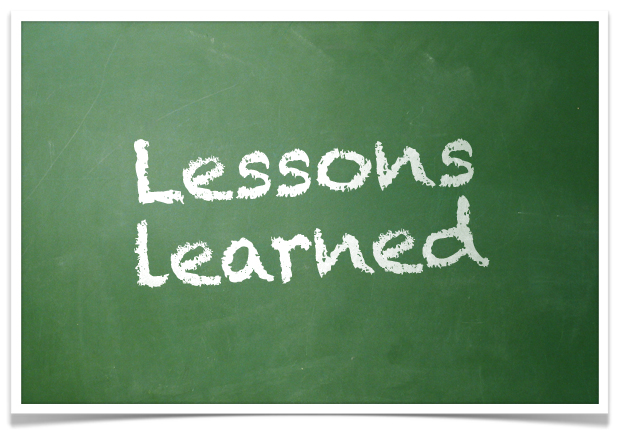By Will (Student Blogger: BSc Hons Entrepreneurship and Management)

I sit here writing this blog on receipt of one of my more favourable grades from a module I simply adore. The story just a week ago however was very different, with one of my most trusted suppliers to one of the enterprises I set up during my university studies expressing their desire to terminate our contract. Setbacks come in all shapes and sizes, however our approach to them should be steadfast in every situation and involve encountering them with pragmaticism and unquenchable optimism.
Sometimes it seems unfair that we receive a certain underwhelming grade on work that we were only co contributor to, or oppositely sole contributor to while following all the advice provided. From the wise words of a fourth year who has seen his fair share of As and Es respectively, I can guarantee you that the perfect streak of 100% on your interactive script does not exist. For that I am glad, as an education with no hiccups or revelations of incorrect practises is no education at all.
Many of us lose sight that University is specifically designed for mistakes to be discovered and imperfect methods practised, without worry of their effect on the ‘real world’. Mess-ups will happen to us all, that I will happily bet my life on. How we individually choose to handle them and utilise the experience sets innovative ground breakers apart from static onlookers.
My first point of advice is to remain humble, this is a necessity that many of us lose sight of due to our advantageous position at a top university. Setbacks happen to all of us. As an entrepreneur they happen almost hourly to myself. My academia and privileges do not and will never stop this happening. The same is true for all of us, no matter how big, how successful or how established. An appreciation that setbacks could be around the corner and your openness in accepting that is key. It allows you a stable head to deal with the eventual hiccup, whatever it happens to be.
Having recognised the inevitability of setbacks and accepted that they will regularly occur to each of us, the question remains of what to do next. My second piece of advice is to use setbacks as a learning opportunity. There is no benefit in repeating the same mistakes, so ensure that any new setback is the only time it happens. As we all appreciate, learning is best done on our own terms, with some of us preferring to relive the actions as interactively as possible, with others mind mapping from ideation to execution. Whatever way works best for you is the way I would promote, but remember this, life is not fair and never will be. What I mean by this is that there is no benefit in blaming the situation for your setbacks, passing the learning from this event off as unnecessary due to ‘external’ factors. You will never find a completely harmonious situation in which all the stars align, it is foolish therefore to believe that your performance is never in need of improvement.
It is important to appraise your performance realistically, appreciating that 100% effort was not perhaps afforded to a certain piece work, or recognising that you maybe did not have enough references. It may be frustrating to initially admit, but true reflection on one’s actions is an essential step in mitigating their reoccurrence. The only person who benefits from setback remediation is the person who is undertaking it, you will only get out what you put in. Sitting and complaining of life’s infinite unfairness will not benefit anyone, the proactiveness to act on your weaknesses will allow for setbacks to become strengths.



 by Melissa (Student Blogger: MA English Literature)
by Melissa (Student Blogger: MA English Literature)
 by Sara (Student Blogger: BA Hons Linguistics)
by Sara (Student Blogger: BA Hons Linguistics)